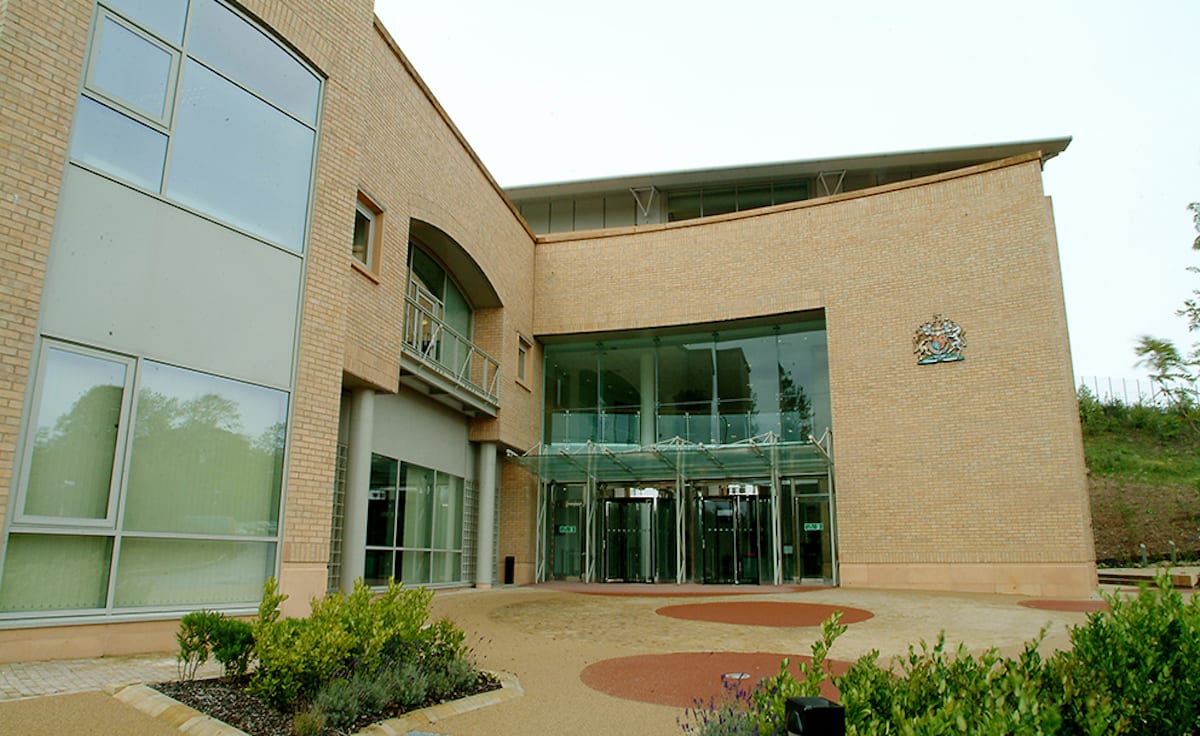
A man who was selling counterfeit clothing from an online marketplace was today sentenced to 12 months in prison, suspended for two years, at Dungannon Crown Court.
In a case brought by the Trading Standards Service (TSS) Raymond Ginn (43) of Main Street, Kesh, trading as Crafts at Studio 51, pleaded guilty to 17 charges under the Trade Marks Act 1994.
The charges related to the selling and possession of counterfeit clothing and sportswear in the course of his online printing business.
TSS received information relating to the trading activities of Ginn and an inspection of his business premises was conducted in May 2023.
This resulted in £5,000 worth of suspected counterfeit product being seized, including sports memorabilia, Premier League football tops and agricultural clothing. The goods were subsequently examined by the relevant brand representatives and confirmed as counterfeit.
The investigation by TSS discovered that Ginn had sold over £20,000 of counterfeit products through his online business.
A TSS spokesperson said: “Counterfeit trade harms the local economy by undermining legitimate retail businesses and traders, who pay taxes and provide genuine jobs for people. TSS take this activity seriously and will not hesitate to take enforcement action against any trader found to be selling counterfeit goods.”
To avoid buying counterfeit goods, TSS offers the following advice:
Be wary of bargains. Remember – if something seems too good to be true, it probably is. Legitimate designer items are rarely discounted, so do not rush and be fooled into believing you are getting a good deal;
– Always buy from reputable traders;
– Check the quality of the goods. Fakes will not be as good as the real thing;
– Check labels and packaging for spelling mistakes and poorly printed logos;
– Check the spelling and grammar on websites – often the people behind these sites do not pay a lot of attention or care to this detail. Fraudsters may also try to deceive you by slightly changing the spelling of a well-known brand or shop in the website address;
– When buying online look to see where the trader is based and whether a postal address is provided – just because the web address contains ‘UK’ do not assume the seller is based in the UK;
– Ask the trader if there is a returns policy or guarantee. Most rogue traders will not offer this; and
– If you are not sure whether the items are genuine, do not enter your payment details – it is not worth the risk.
Anyone who has information in relation to individuals or businesses involved in the selling of counterfeit goods, or if anyone believes they have purchased such goods, should contact Consumerline on 0300 123 6262.



